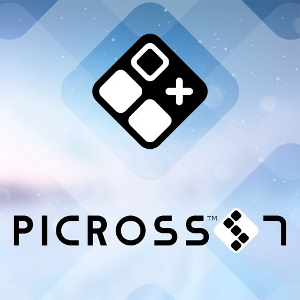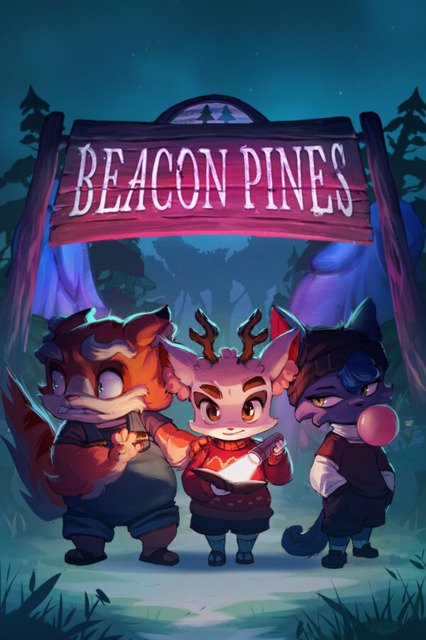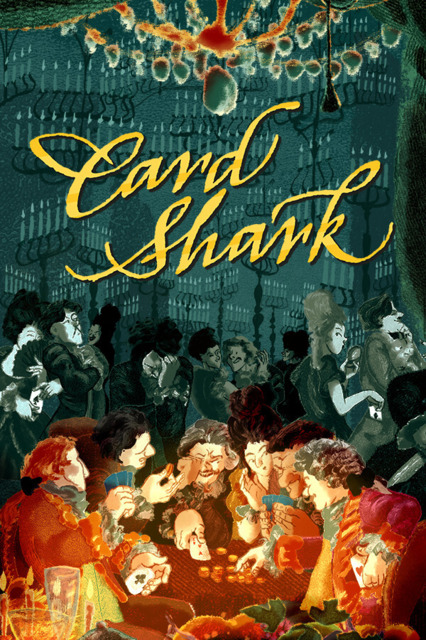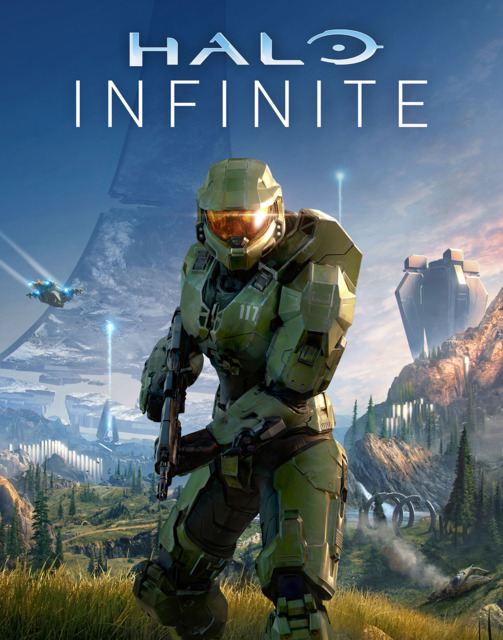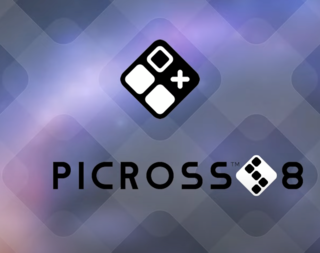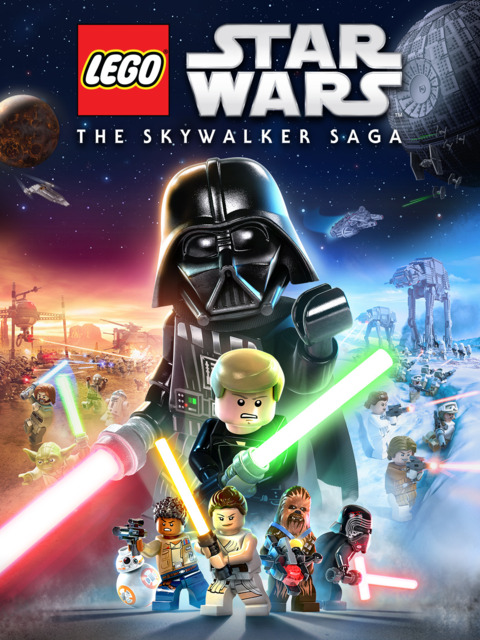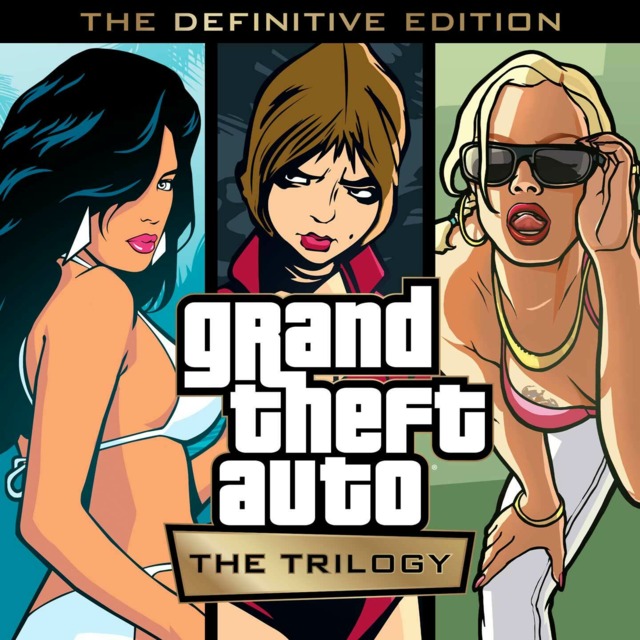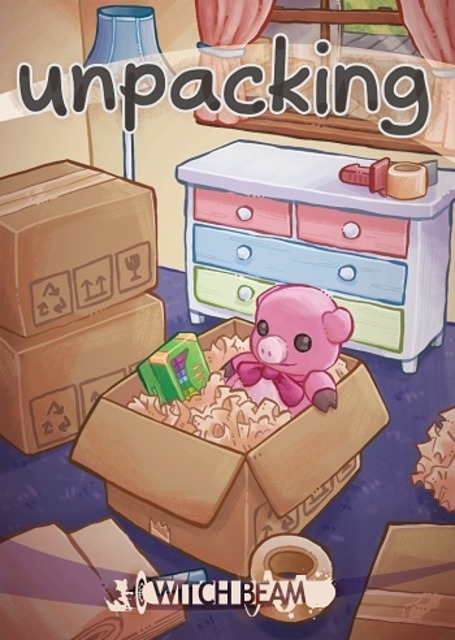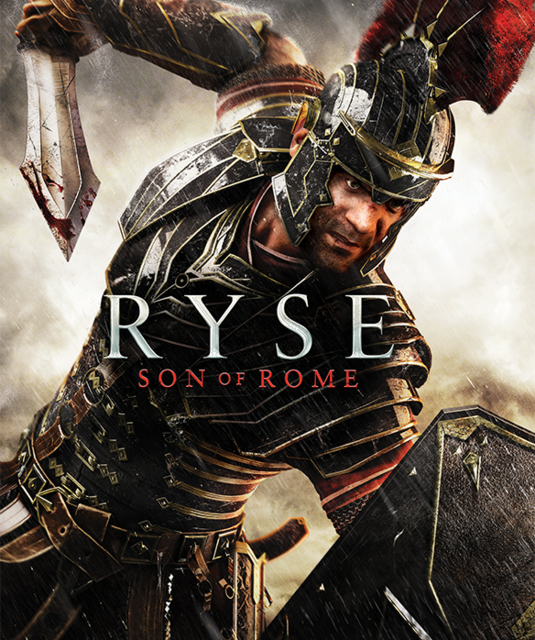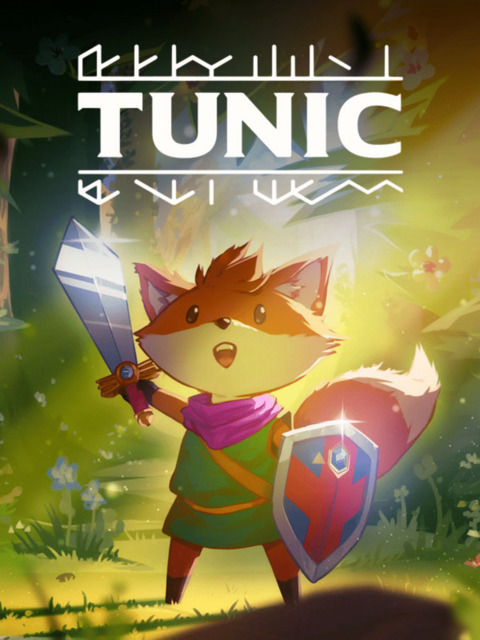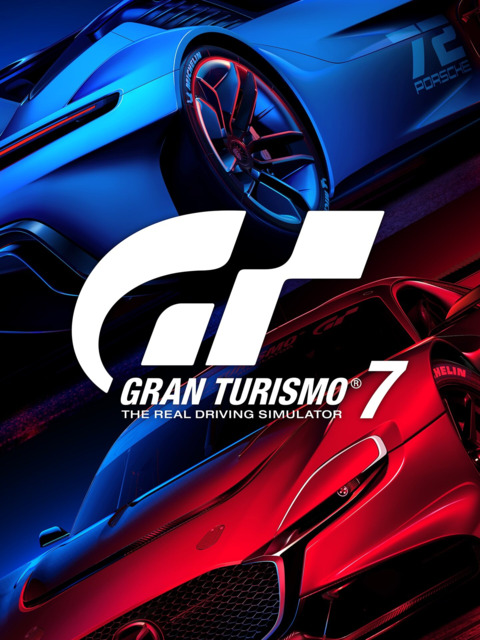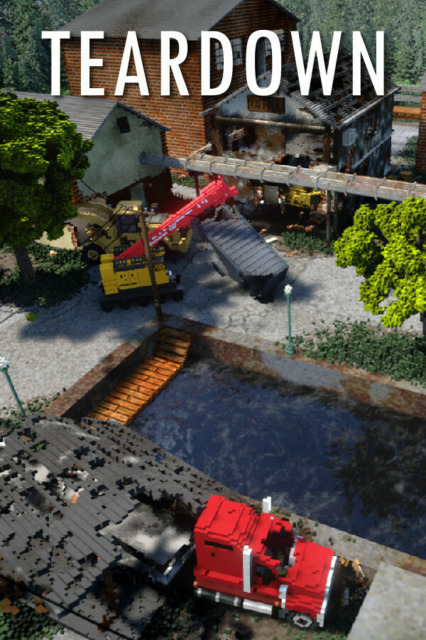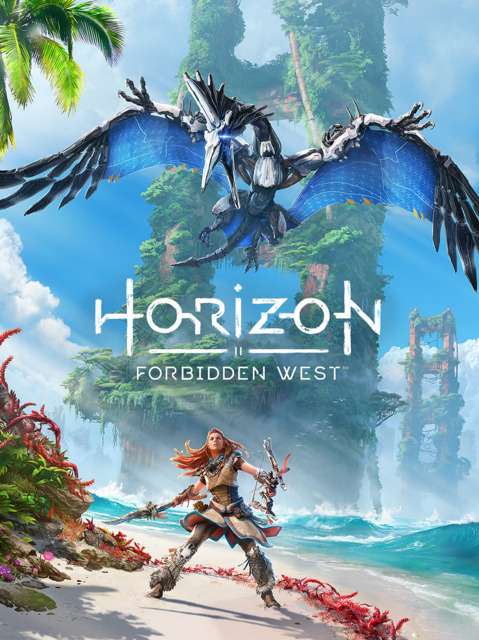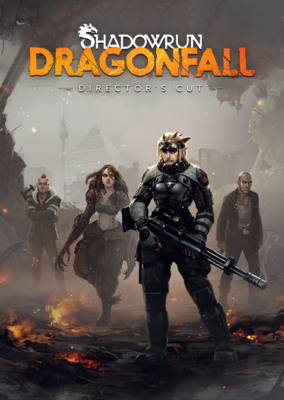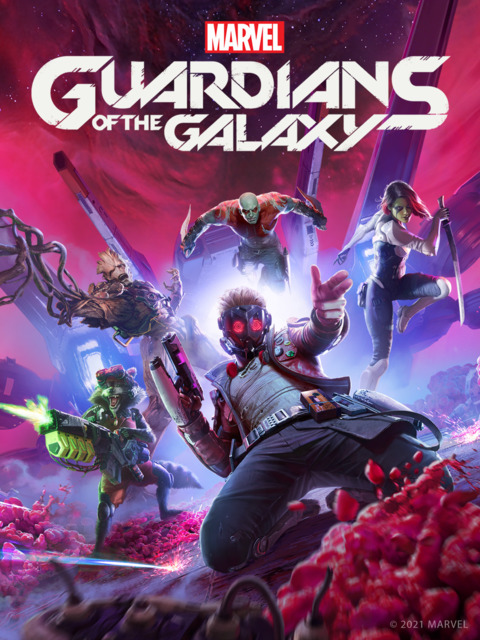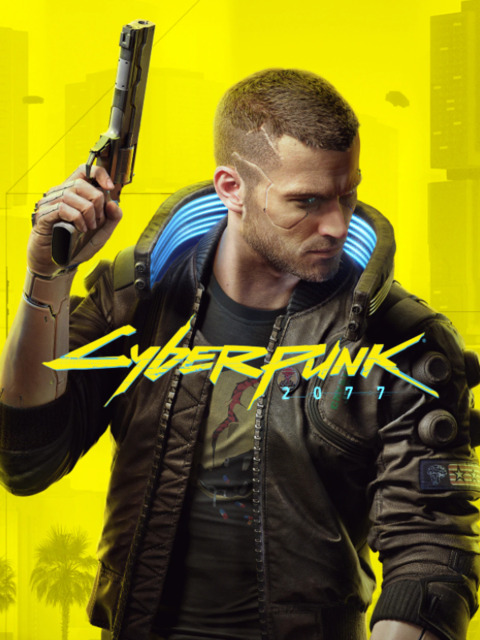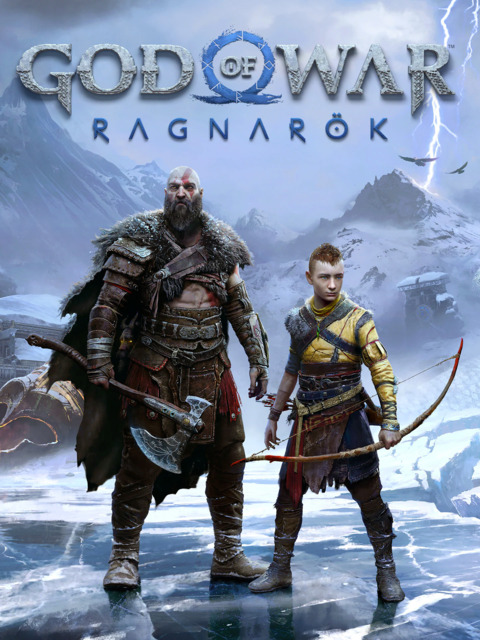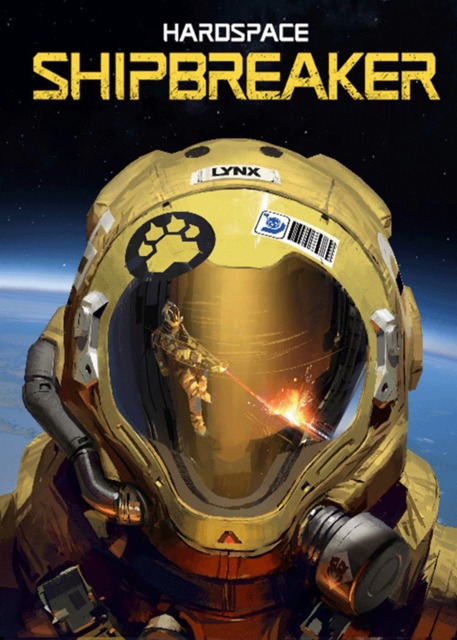Game of the Year 2022
Optimism doesn’t feel like the prevailing vibe of 2022, in many ways it’s quite the opposite, but that can’t quash the positivity I continue to experience in my personal life and hobbies. It was a year about honestly engaging with the ways the world has changed— and the ways they’re the same as they ever were— after a dark and complicated couple of years. This could be a neutral act, but in practice I think it manifested in a positive way. As an example, one of the big trends in the games I enjoyed and how I thought/wrote about them is how they spoke to human connectedness and personal relationships. We’re just barely starting to see daylight ‘after’ the pandemic and it gave me a chance to remember how much that contact with others means to me. A majority of the games on my list this year speak to that impulse to reach out to others and build a relationship. It may be a result of abject tragedy, but I think it’s a beautiful bright spot nonetheless.
The games this year felt sparse and I was convinced it’d been a quiet year until I counted them up and realized I’d played ten fewer than my all-time high. There was definitely a continued industry hangover from COVID that was marked by delays and longer-that-usual gaps in the calendar. That didn’t stop me from playing some absolute bangers though. This has been a quality year that will stand tall even when separated from the massive all-time hits people feel have been released.
I continued to love GamePass this year and discovered some items on my list because I could take the plunge without too much risk. I also continued to enjoy Sony’s first party output— there’s no doubt that they’re in the lead with their major series. In addition to the consoles I added the PC to my regular hardware roundup courtesy of a SteamDeck.
I remember when I got the switch it seemed magical, and the SteamDeck has captured some of those good vibes. It really is a remarkable achievement and I’ve loved fiddling with every aspect of my experience. I had a blast playing classics like Tie Fighter handheld after designing my own control schemes. There will always be games I favor on the Deck but I don't think it’ll ever totally usurp the Switch unless something plays so poorly on the Switch that it’s unbearable (which, let’s be honest, could be soon even with modest indies). There’s room for both consoles in my life and I’m glad to be able to swap between them.
So, there’s my state of the union for the year. It’s one that was fairly quiet and felt like the game releases were minimal, but in retrospect it’s been pretty packed. Keep an eye out for some unmarked spoilers as you read the list and have a great 2023!
-Aodhhinsai
